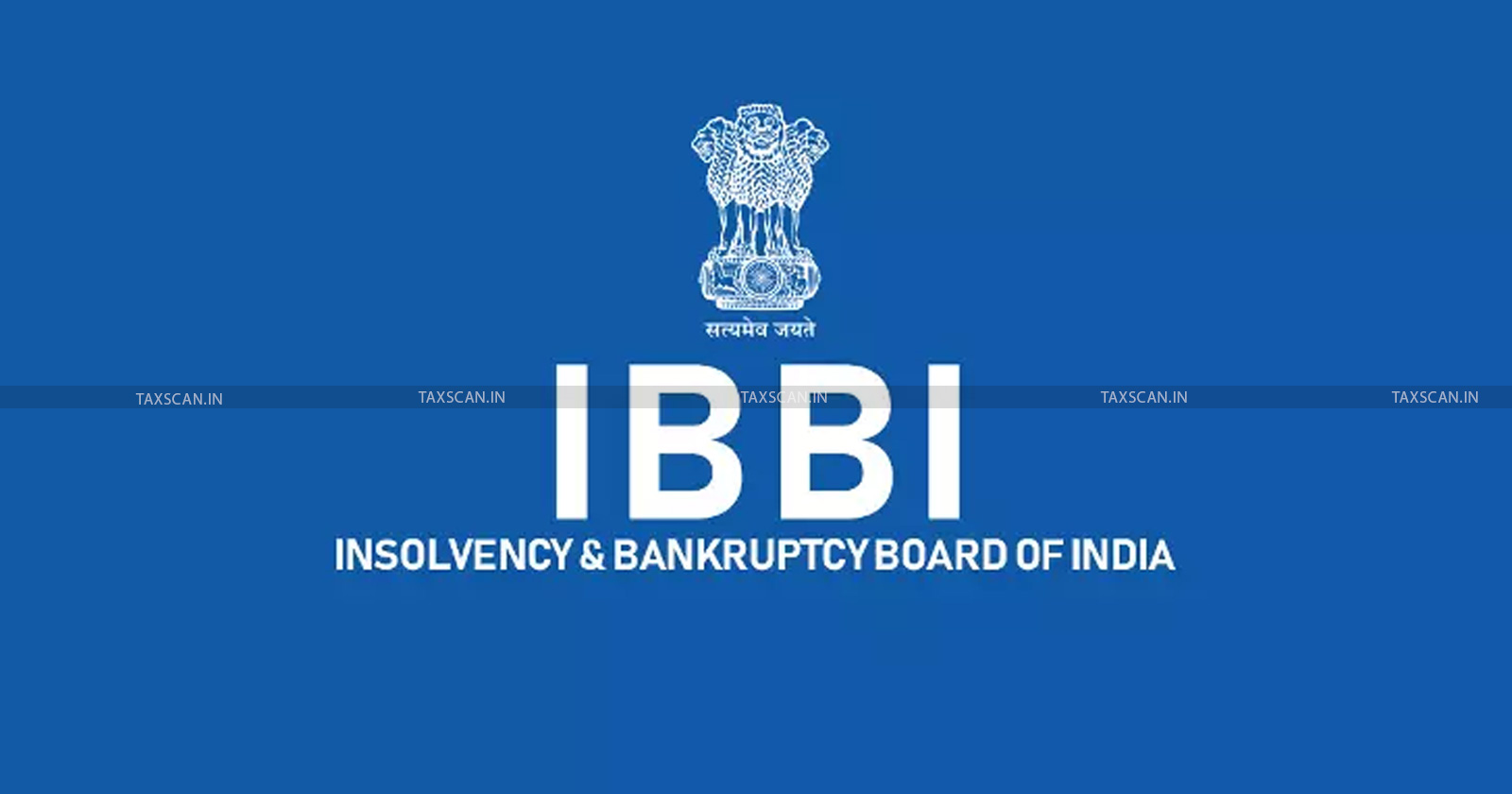IBBI Notifies Fourth CIRP Amendment: Priority for Dissenting Creditors, Asset-Wise Resolution Enabled [Read Notification]
IBBI's Fourth CIRP Amendment mandates priority payments to dissenting creditors and enables asset-wise resolution planning to enhance fairness and flexibility in insolvency proceedings

IBBI amendment 2025 - CIRP fourth amendment - Insolvency resolution update - Taxscan
IBBI amendment 2025 - CIRP fourth amendment - Insolvency resolution update - Taxscan
The Insolvency and Bankruptcy Board of India (IBBI) has issued a notification dated 26th May 2025, introducing the Fourth Amendment to the Insolvency Resolution Process for Corporate Persons (CIRP) Regulations, 2016. This amendment, effective from the date of publication in the official Gazette, brings huge procedural and structural reforms to enhance transparency, creditor protection, and flexibility in the resolution process.
Complete practical guide to Drafting Commercial Contracts - CLICK HERE
Key Objectives of the Amendment
The amendment is designed to:
- Protect the rights of dissenting financial creditors
Broaden the scope of resolution strategies through asset-wise bidding - Encourage transparency for interim finance providers
- Streamline the regulatory compliance framework for resolution professionals
Key Changes Introduced by the Fourth Amendment
1. Priority Payment for Dissenting Financial Creditors
One of the most important changes is an insertion to Regulation 38(1), which now includes a proviso ensuring that dissenting financial creditors receive payments on a priority and pro-rata basis in cases where the approved resolution plan proposes stage-wise payments.
This change addresses a long-standing concern in the insolvency ecosystem, ensuring fair treatment for financial creditors who vote against a resolution plan but are still subject to its implementation. It discourages preferential treatment and reinforces equitable recovery rights.
2. Enabling Asset-Wise Resolution Options
Under Regulation 36A, a new sub-regulation (1A) allows the Resolution Professional (RP) to invite expressions of interest (EOIs) not only for the corporate debtor as a whole but also:
- For one or more assets
- Or both jointly
This provision, with prior approval of the Committee of Creditors (CoC), significantly expands the scope for resolution strategies. It allows flexibility in structuring transactions, enabling potential investors to target only viable or core assets.
3. Inclusion of Interim Finance Providers as Observers in CoC
A new sub-regulation (5) under Regulation 18 allows the CoC to invite interim finance providers to attend CoC meetings as observers (without voting rights). These entities play a critical role by injecting liquidity to sustain the corporate debtor during CIRP.
4. Omission of Sub-regulation 6A from Regulation 36B
The removal of this provision is expected to simplify the procedural aspects surrounding the Request for Resolution Plan (RFRP), though the specific regulatory rationale is not stated in the notification.
Affective Ways Of Tax Planning for HUF, Partnership Firm and Will - CLICK HERE
5. Clarifications in Regulation 39: Non-Compliant Plans
Several amendments were made to Regulation 39 to refine the process for evaluation of resolution plans:
- Non-compliant plans must now be explicitly listed when submitting to CoC.
- Only those plans that comply with the IBC and regulations will be considered for voting.
To Read the full text of the Notice CLICK HERE
Support our journalism by subscribing to Taxscan premium. Follow us on Telegram for quick updates


